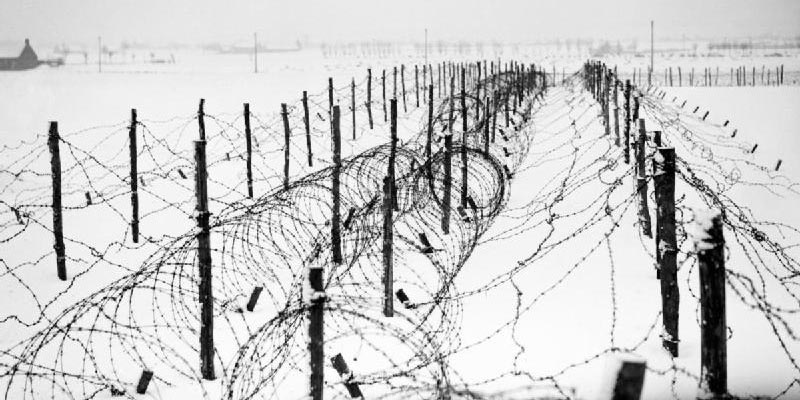As a complementary activity to the “Under siege” installation, journalists, researchers and activists will come together in four different sessions to discuss present-day cases of wars and analyse new aspects of the contemporary siege.
The military strategy of the siege is as old as human settlement and the city. In the early twentieth century, with changes in the weapons and techniques of war, it was believed that the siege had become obsolete as a military tactic. Yet it is still very much part of conflicts to this very day. Kabul, Homs, Gaza and other cities have the sorrowful privilege of incorporating the experience of being under siege into their recent history. The old concept of the siege has now acquired new dimensions. Two examples are the deployment of drones in conflict zones like Pakistan, and use of the Internet as a way of overcoming censorship and organising resistance in Syria. These very different instances, together with the paradigmatic case of the permanent siege of Gaza, clearly demonstrate that this strategy is far from obsolete.Program
16 September 2014, 7 p.m. | CCCB | English"Working under siege"
Conversation between Chus Martínez and Mariam Ghani
In one of the activities around the inauguration of the installation “Under Siege”, the curator Chus Martínez joins the artist Mariam Ghani to discuss the difficulties and challenges of producing works of art in a situation of siege. The session includes a screening of The Red Tapes, a film on the rise and fall of communism in Afghanistan which Mariam Ghani based on footage and newsreels rescued from the Afghan Film Archive.
25 September 2014, 7 p.m. | CCCB | English
"Gaza: the permanent siege"
Ahron Bregman lecture
The situation of Gaza Strip, now the epicentre of the conflict between Israel and Palestine, is the most obvious example of the ongoing resort to the siege today. The survival of the inhabitants of Gaza Strip depends on the disposition of neighbouring territories which control supply routes, the circulation of people and the entry of humanitarian aid. Of already devastating material and economic effects, the blockade is much harsher at times of crisis which end up in direct military attacks. Then, Gaza becomes the paradigm of a siege in the strictest sense.
2 October 2014, 7 p.m. | CCCB | English
"Drones: siege at a distance"
Debate with Chris Woods, Tonje Hessen and Jordi Pérez and screening of the documentary «Drone»
Drones have called into question one of the founding principles of warfare: the presence of combatants on the battlefield. Enormous geographic distance between executor and victim, virtual representation on a screen and the aseptic, comfortable conditions of effortless killing all ensure that the real-life effects of frequently lethal drone warfare are progressively hazier for users of this technology, a fact that has serious ethical implications. Drones are giving a new dimension to warfare and everything suggests that their now routine use, for example in the U.S. covert war in Pakistan, will only extend in future.
3 October 2014, 7 p.m. | CCCB | English
"Syria: information under siege"
Debate with Leila Nachawati, Lali Sandiumenge and Marc Marginedas
In any siege, information is a very powerful weapon. So is disinformation. One of the most illustrative cases of this is the blockade on information concerning the war in Syria enforced by the different groups involved. The Syrian regime has imposed iron-fisted censorship on local and international media, while jihadist groups which have entered the conflict more recently refuse to let western journalists into the territories they control. In this context of censorship, the Internet and social media have become valuable sources of information, enabling the rest of the world to know the realities of the war from citizens’ perspectives. It seems paradoxical that the abundance of images showing the gravity of the conflict is still insufficient to move the international community to intervene.




